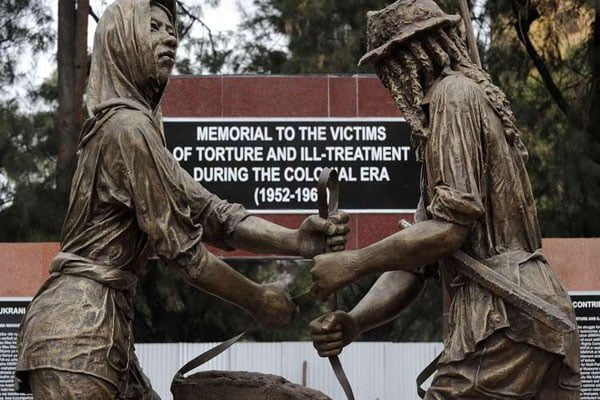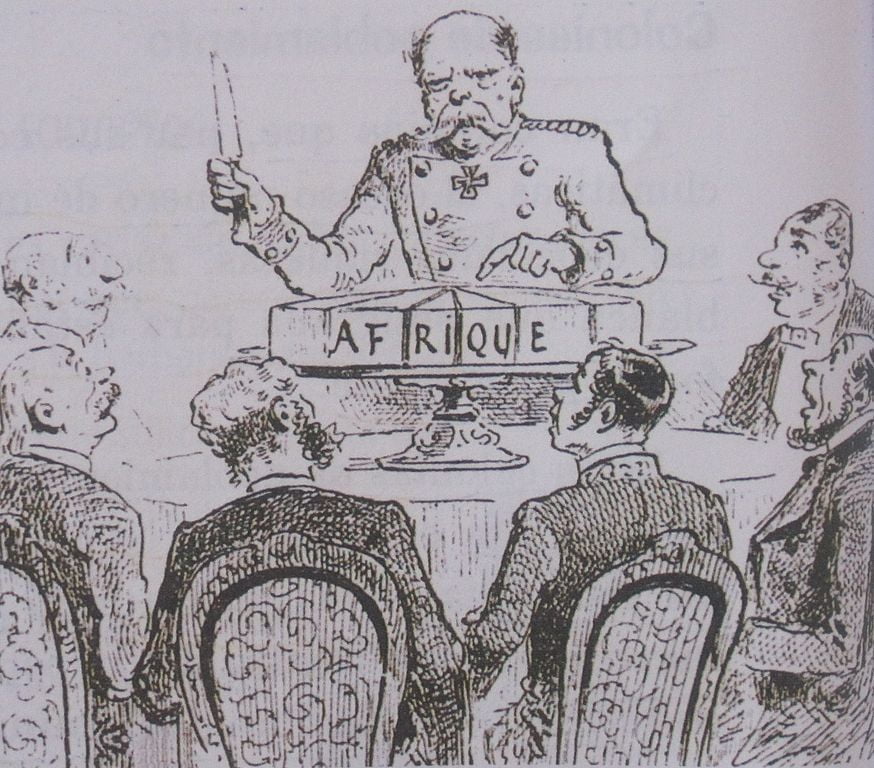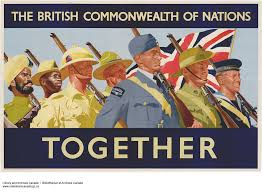Exhibitions and Events
We are in the process of establishing a programme of exhibitions and events, to be determined in consultation with a broader network of interested parties and advisors. In the meantime, a ‘taster’ of potential events is provided below.
A memorial in honour of victims of torture in Kenya during the British colonial era was unveiled in 2015 with the support of the British government.
the kenya Conflict
From 1952 – 1960 – less than a decade after the triumph of Britain and the Allied Forces over Nazi Germany – British colonial authorities waged a violent campaign against insurgency in Kenya. Over the course of this brutal undertaking, they rounded up some 320,000 – 450,000 Kikuyu and moved them into concentration camps. A further 1 million were held in enclosed villages. The British sliced off prisoners’ ears, fingers and testicles, bored holes into eardrums, flogged prisoners to death or set them alight. Thousands were killed.
In 2012, three Kenyans tortured during the conflict brought compensations claims against the government. In 2013 the high court ruled that over £19.9 million in costs and compensation would be paid to 5,228 elderly Kenyan victims of British abuse. Further compensation claims have since been brought.
While violence was not solely the preserve of the British – and a fraction of this has been addressed via compensation claims – it can be argued that the scale and severity of the violence has never been sufficiently addressed in public discourse. Indeed, many documents evidencing the horrors of these events were wilfully suppressed by the British government.
This exhibition will seek to redress that.
Lines, land and labour
This exhibition will examine the cross cutting theme of lines drawn across countries and communities, as well as the related issues of British land grabbing and the purposeful forcing of people into wage labour.
Other cross cutting themes we hope to explore include British concentration camps and torture centres; villagisation and resettlement; feasting and famine; British ‘heroes’ and Orders of the British Empire (a reexamination); and the role of women in independence movements.
Thematic exhibitions will be curated in rotation with exhibitions focusing on specific events, such as Amritsar and the Opium Wars.
A caricature of the Berlin Conference, 1884 – 1885
1941 poster encouraging unity within the Commonwealth.
the language of empire
This public discussion will consider how to use and reuse the language of empire. It will consider terms such a colonialism, colony, colonised, empire and imperialism – but also rebellion, insurgency, village, and dominion – in order to move towards a fairer, more representative vocabulary for our shared history. By examining, critiquing and moving towards a new language for empire, it is hoped we will be able to establish more truthful representations of British colonialism, without denying the historical context for the use of such terms.
These discussions will also help define language used in our exhibitions and publication materials.


